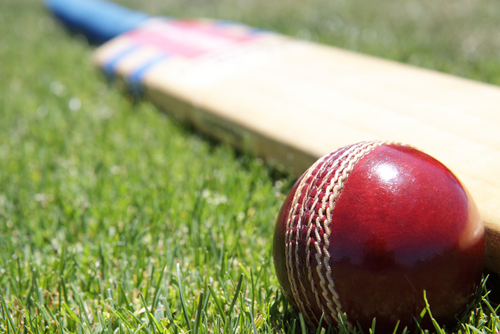
NEW DEHLI — Its raging internal conflicts notwithstanding, the Board of Control for Cricket in India (BCCI) remains a global leader in earning profits and when its net assets are compared with the other nine Test-playing countries, it is heads and shoulders above them.
India Today
The BCCI earned a profit of $49,996 million in 2011-12, leaving the second-placed England and Wales Cricket Board (ECB) way behind.
The ECB earned a net profit of just $24,306 million as per the latest figures submitted with the International Cricket Council (ICC). The difference between the two countries was $25,689 million.
However, the ECB was the biggest revenue earner with $230,336 million amongst the 10 Test-playing countries, even more than the BCCI, which earned $140,079 million in the same period, as per the audited accounts of the various Boards available with the ICC.
But the ECB’s expenditure ($206,029 million) was much more than BCCI’s ($90,082 million), pushing it to the second position on the table.
Not just in the last financial year, but the BCCI has no competition when it comes to the all time net worth. As of March 31, 2012, it had a net worth of $294,219 million.
Interestingly, BCCI’s net liabilities ($343,834 million) were also the highest amongst the 10 ICC full members.
- Chamisa under fire over US$120K donation
- Mavhunga puts DeMbare into Chibuku quarterfinals
- Pension funds bet on Cabora Bassa oilfields
- Councils defy govt fire tender directive
Keep Reading
The second richest board was South Africa Cricket (CSA), whose net worth was $68,436 million on December 31, 2012. In other words, the BCCI’s net worth was a whopping $225,783 million more than the CSA’s. The ECB was third with $58,013 million.
However, South Africa — the world No. 1 in Test cricket — was surprisingly the only other country, apart from Zimbabwe, that ended in the red last year.
CSA showed a loss of $6,027 million, despite earning revenues worth $60,508 million. Also, CSA, along with Zimbabwe, was the only national Board whose expenditure ($66,536 million) was more than the revenues it earned.
Cricket Australia was the second highest revenue earner with $177,982 million, but since its expenditure was also huge ($173,163 million), its profit was limited to $4,818 million. It means only BCCI, Australia and ECB earned revenues over $ 140 million.
The poorest national Board was, not surpassingly, Zimbabwe Cricket (ZC), which showed a net worth of a mere $31,655. During the period in question, Zimbabwe earned $20,482 million revenue and its expenditure was $22,784 million, handing it a loss of $2,301 million.
If one leaves Zimbabwe out, for obvious reasons, New Zealand Cricket (NZC) is in worst financial condition.
NZC was at the bottom of the net profit earners at a mere $2,285 million and its net worth stood at $8,611 million — also the lowest among nine national Boards, excluding ZC.
Cricket in Zimbabwe, who did not play Tests for six years, between 2005 and 2011, has been crippled due to a combination of reasons.
Many critics blame it on the Robert Mugabe regime for interfering in cricket administration and partly due to the national team’s poor performance.
ICC is aware of the plight of countries like Zimbabwe and New Zealand, and it helps needy nations under its Targeted Assistance and Performance Programme (TAPP), which was introduced last year with a funding allocation of $12 million.
The ICC Finance & Commercial Affairs Committee (F&CA) received nine applications for assistance and sanctioned three- year grants to six of those member countries.
They were: the West Indies Cricket Board ($3 million), New Zealand Cricket ($1,8 million), Zimbabwe Cricket ($1,5 million), the Netherlands Cricket Board ($1,5 million), Cricket Ireland ($1,5 million) and Cricket Scotland ($1,5 million). —











